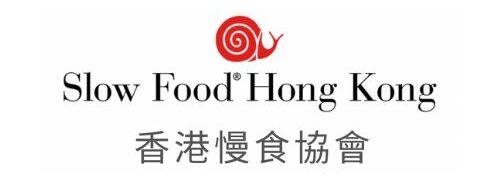May 26, 2013
On Sunday, May 26, a group of families and friends braved a thunder storm and travelled to the New Territories for a visit to Zen Organic Farm.
 The farm is about one hour’s drive from Hong Kong Island in Ta Kwu Ling, close to the border of China. Zen Organic was started four years ago by Joey Ng and her brother Ng Ping-Leung on their father’s former pig farm. The farm is about 250,000 square feet of which 100,000 square feet is dedicated to greenhouses. Lucky for us, as the rain was so heavy, we spent most of our visit under the greenhouses’ cover.
The farm is about one hour’s drive from Hong Kong Island in Ta Kwu Ling, close to the border of China. Zen Organic was started four years ago by Joey Ng and her brother Ng Ping-Leung on their father’s former pig farm. The farm is about 250,000 square feet of which 100,000 square feet is dedicated to greenhouses. Lucky for us, as the rain was so heavy, we spent most of our visit under the greenhouses’ cover.
Zen grows about one hundred different crops including 20-30 varieties of tomatoes and capsicum. Joey pointed out that the decisions made by corporate farmers about what crops to grow are often determined by yield, physical attractiveness, and ease of shipping. Other considerations like taste are too often marginalized.
We prepared a salad and soup for lunch from the farm’s produce and everyone was overwhelmed by the textures and flavours of the vegetables, herbs, and edible flowers. Textures and flavours we typically never experience in imported produce purchased from the main supermarkets.
Zen practices seasonal crop growing and crop rotation. They purchase seeds from the USA and Europe and grow both Western and Chinese crops. They are very modern in outlook and use Japanese natural biotechnology to assist with pest control and to support crop growth. They supply food establishments and participate in a direct to home vegetable service.
 As issues of food safety have risen in China, where most food sold in Hong Kong now comes from, organic farms in Hong Kong have seen greater interest from both food establishments and the general public. There are now about 200 organic farms in Hong Kong, and there is talk that some hotels are in the process of developing their own captive organic farms.
As issues of food safety have risen in China, where most food sold in Hong Kong now comes from, organic farms in Hong Kong have seen greater interest from both food establishments and the general public. There are now about 200 organic farms in Hong Kong, and there is talk that some hotels are in the process of developing their own captive organic farms.
Organic farm certification in Hong Kong is administered by the Hong Kong Organic Resource Centre. This centre is part of Hong Kong Baptist University and works closely with the Hong Kong government to administer the organic certification programme. The certification process includes obtaining random and unannounced soil and plant samples for testing.
Zen is also devoted to educating the public, especially the youth of Hong Kong. Hong Kong’s fresh markets used to source vegetables from local farmers until Hong Kong was handed over to China in 1997. Thereafter, almost all of Hong Kong’s food supply has come from China where prices are cheaper.
Hong Kong residents are becoming more aware of the costs of sourcing from China. Zen is part of the effort to redress the imbalance. The participants of our Slow Food visit can attest to the benefits that hopefully more people can experience in their daily lives as these farms grow in number and acceptance.
